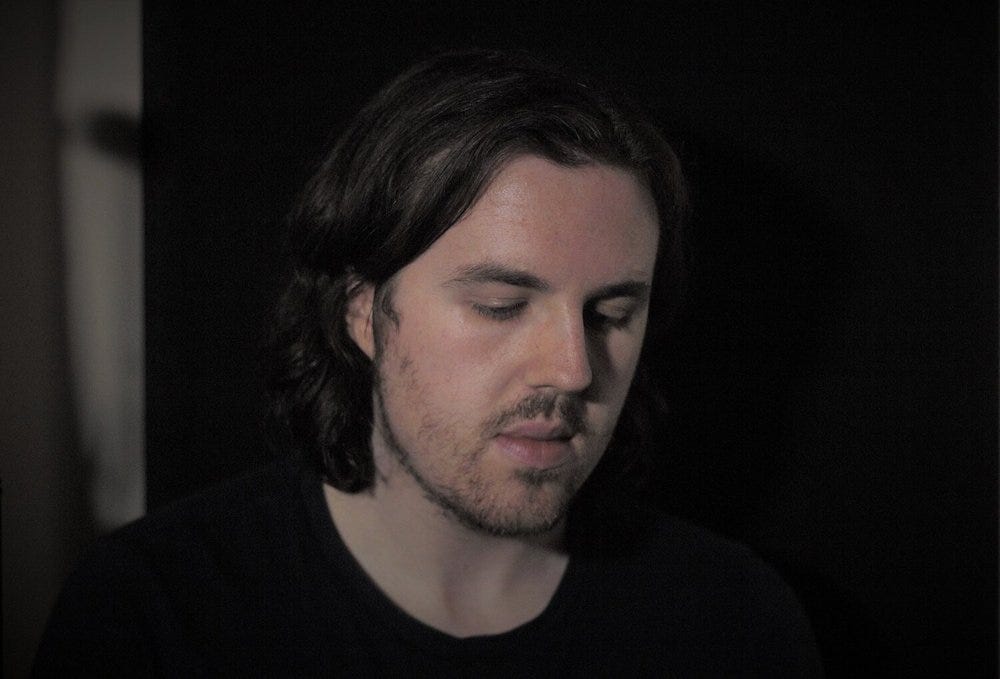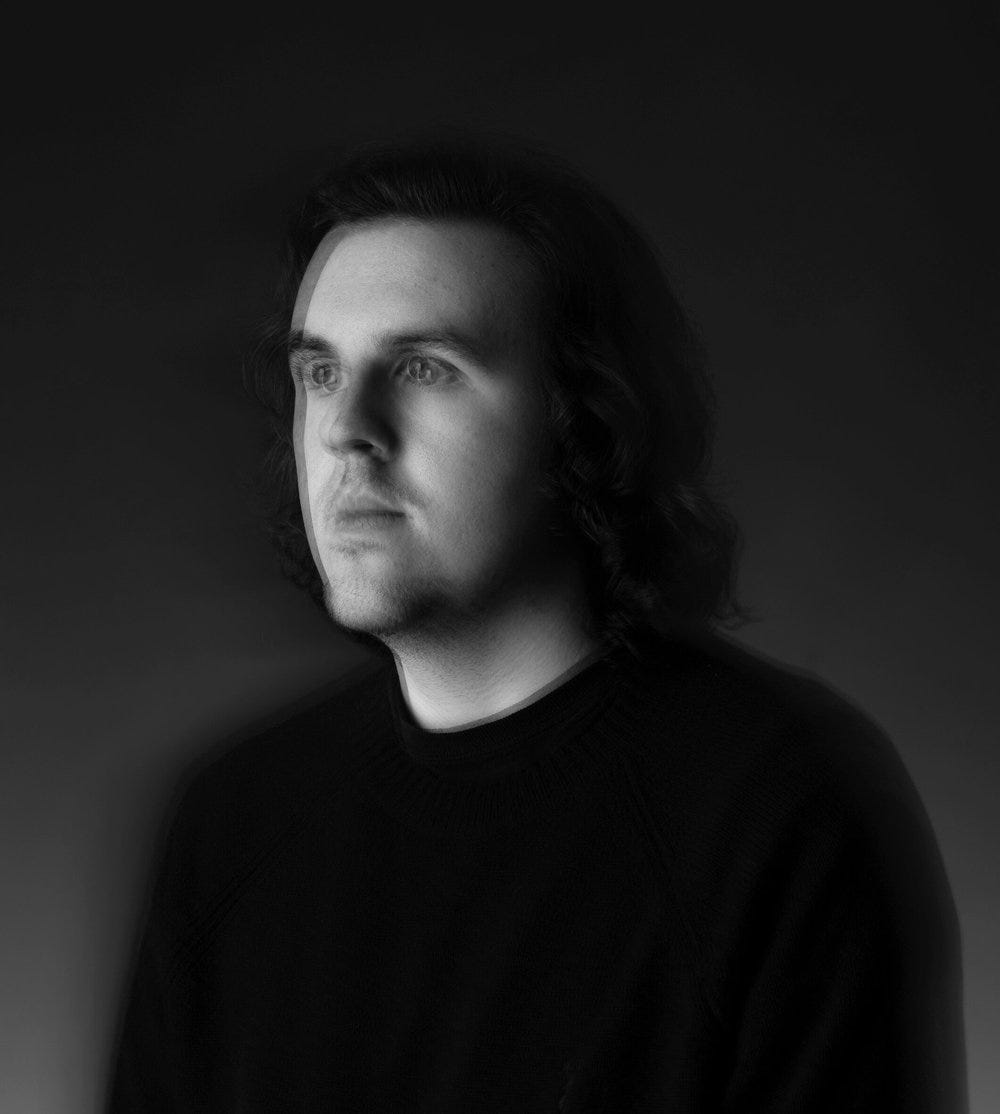Interview: Film Score Composer Matthew Chastney on Scoring the "Joker" Trailer
If you saw the much hyped promotions for Joaquin Phoenix’s Joker in the press, you already heard his work! Matthew Chastney worked on the music for HBO’s Chernobyl trailer and the Joker trailer. As part of part of a new generation of film score composers working on pop culture centerpieces, this can only be the start of a long term A-list career for Mr. Chastney.
Someone could probably make a full career only creating music for film and television trailers. How does the experience differ from working on a full score?
The overall aim of a trailer is to make a big statement and convey a lot of information about the film/television series in a 2 minute long space, and the music is a big part in communicating those ideas effectively. I think a trailer score has to establish the tone of the film in an immediate way that will grab the audience's attention and fit within the general structure of a trailer - opening with an understated opening section and ultimately moving through to a massive climactic ending, building in intensity and excitement throughout.
With a score for a larger project, you have more room to establish musical ideas at a slower pace and within a different structure. A trailer has to make an immediate impact but a film or game score can develop more gradually and with a greater range.
The music blending into the director’s vision and feel of the music from the actual film score is a must. How do you feel your trailer music does that?
Trailers are very often created and directed by a marketing team, separate from the main creative production behind the film. It's very rare to be given any footage or material from the trailer itself and instead the direction on how to approach the music is given by written brief.
Sometimes the music in a trailer will turn out be similar to the score for the film, and other times it can be vastly different. I think the ultimate goal of a trailer's music is to communicate an overall picture of the film in a musical way, that helps the studio to market the film to the intended audience.
What sound were you going for originally? Did it turn out as planned?
With custom music specifically created for a trailer, some general ideas will be given in a brief that will describe what sounds and moods the editors or studio would prefer, and then the rest comes from my personal taste and style. When a custom piece is finished it's often delivered to the trailer directors in individual elements so that they can pick and choose from certain sounds and instruments, and remove ones if necessary, to achieve the right sound.
Which directors do you hope someday to create trailer music for? Film scores?
I think trailers give a composer a great opportunity to create a short 2 minute long theme for a variety of different styles of films. I would love to do a trailer score for a horror film, and at the other end of the spectrum a big action or super-hero trailer would be great.
In terms of film scores I have a couple of experiences working on short films and hopefully the opportunity to work on a feature length project will come up! Some of my favourite filmmakers, writers and directors are David Lynch, Jonathan Glazer, Damon Lindelof, Denis Vileneuve.
Centuries ago, people were apprentices for famous composers to make it. Now, it feels like almost every ounce of success is due to marketing your music. How do you personally promote yourself as a composer in this competitive time period?
I would think that even today being an apprentice or assistant to a composer would be a great way of getting a start in the industry. Personally I don't have much experience with self promotion and it's something I struggle with, but I'm trying to get a bigger grasp of that world and it seems to be a crucial aspect of being a professional musician today.
You license your music! Very quick thinking on making a career happen when artists are complaining about digital downloads hurting their ability to be working musicians. What have you learn about the business of show business from your adventures in licensing your work?
Sync licensing is a great way of getting your music heard and it can also be a good revenue stream for a musician, but like all creative fields it is mega competitive. When I started out I would create tracks for production music libraries, I haven't done that for a few years but it's a great way for someone starting out in the industry to learn about working to briefs and hopefully build some royalty based revenue from television syncs.
For musicians releasing their own albums and music, sending the tracks out and getting them on the radar of music supervisors could lead to sync licensing.
What instrument did you start on? Is this evident anywhere in your current work?
I started out with electric guitar as my first instrument, and I still use it today to create atmospheric textures and sounds which can be great for trailers and other cinematic styles.
If you summed up the best idea of your work into words, what does your style sound like?
I suppose my style is a culmination of my influences from electronic and modern classical music. I tend to lean towards using small string sections like a quartet or quintet for harmonic and melodic passages and then support them with atmospheric and textural sounds from electronic instruments and effects.






